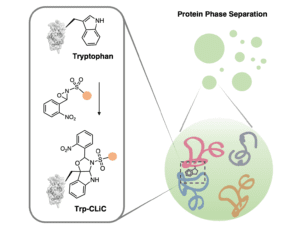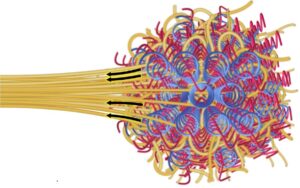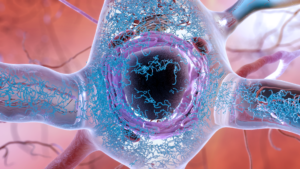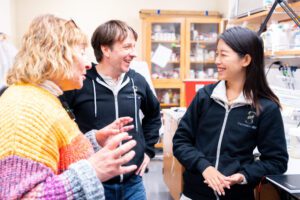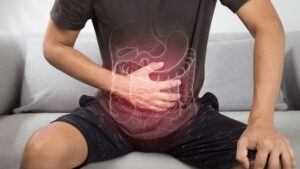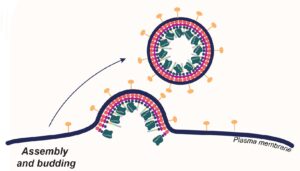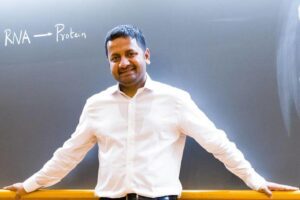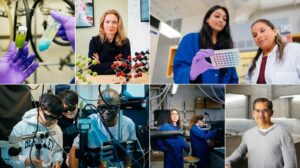
Berkeley’s ecosystem of innovation, entrepreneurship combats climate change
May 16, 2024
Climate change has become a pervasive influence in nearly every facet of our lives. From the air we breathe to the food we eat and the vehicles we drive, the way we navigate the world impacts our environment, often in negative ways. UC Berkeley is a powerhouse for energy and climate research where faculty, postdocs…
